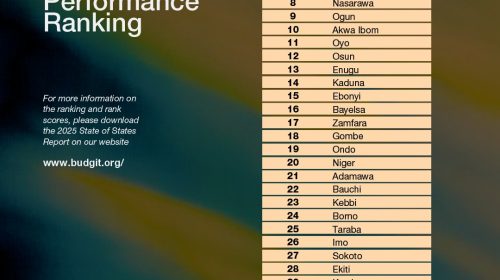LCCI laments effects of COVID19 on businesses

The Lagos Chamber of Commerce & Industry (LCCI) has said that a significant fraction of businesses, precisely 81%, has been ‘severely’ affected by the COVID-19 lockdown in Lagos with 17 per cent indicating moderate impact on their business. The report is as a result of its survey finding. In the report it said “Additionally, the lockdown had severe impact on over 50 per cent of businesses in the services sector. The profound impact on services sector is as result of lower demand for services by individual and corporate clients.
During the lockdown, clients prioritised food and essential items ahead of ‘relatively less important’ services, and corporate clients ran skeletal operations, which depressed demand for {non-essential} services. According to the survey “Majority of the respondents (64%), loss of N500, 000 and below daily during the lockdown while 16% indicated a loss of between N 1million – N2million. About 20% of businesses indicated a loss of N2 million and above daily day during the lockdown. A conservative assumption that sampled business operators lost an average N500, 000 each day during the lockdown suggests that each operator lost N17.5 million within the five-week lockdown (March 31-May 3, 2020). This modest estimation indicates that about N2.7 billion was lost in revenue by sampled businesses (n=153) to the lockdown. This translates to trillions of naira losses for thousands of businesses operating in Lagos
The survey report further said “Our findings showed that selected business operators are weighing different cost-cutting strategies to help minimise losses and stay afloat in the post-pandemic era. Majority of the respondents (63%), plans to downsize operations to minimise losses. This is unsurprising as businesses have not generated income over a 5 weeks period and have lost trillions of Naira in profit due to lockdown. This suggests that unemployment rate is expected to increase drastically post-lockdown except government takes urgent steps to support business owners towards surviving and ensuring business continuity.Most of the respondents (46%) intend to slash salary and reduce workforce as a joint measure, 24% plan to cut personnel cost only. Thirteen percent intends to trim staff strength only while 17% are proposed no salary payment. Cost-cutting strategies particularly downsizing has implications for the economy from unemployment and productivity perspectives. First, it will exacerbate the already-high level of unemployment as more and more workers risk impending job losses. This may see unemployment rate surge to 40%- 45% by end-2020 from 23.1% as at Q3-2018. Additionally, the potential risk of huge job losses will aggravate the magnitude of stagflation (high unemployment + high inflation + low growth) in the economy. This has ripple effect on the Gross Domestic Product (GDP) given that private consumption by households accounts for about 60% of national output.







Leave a Reply